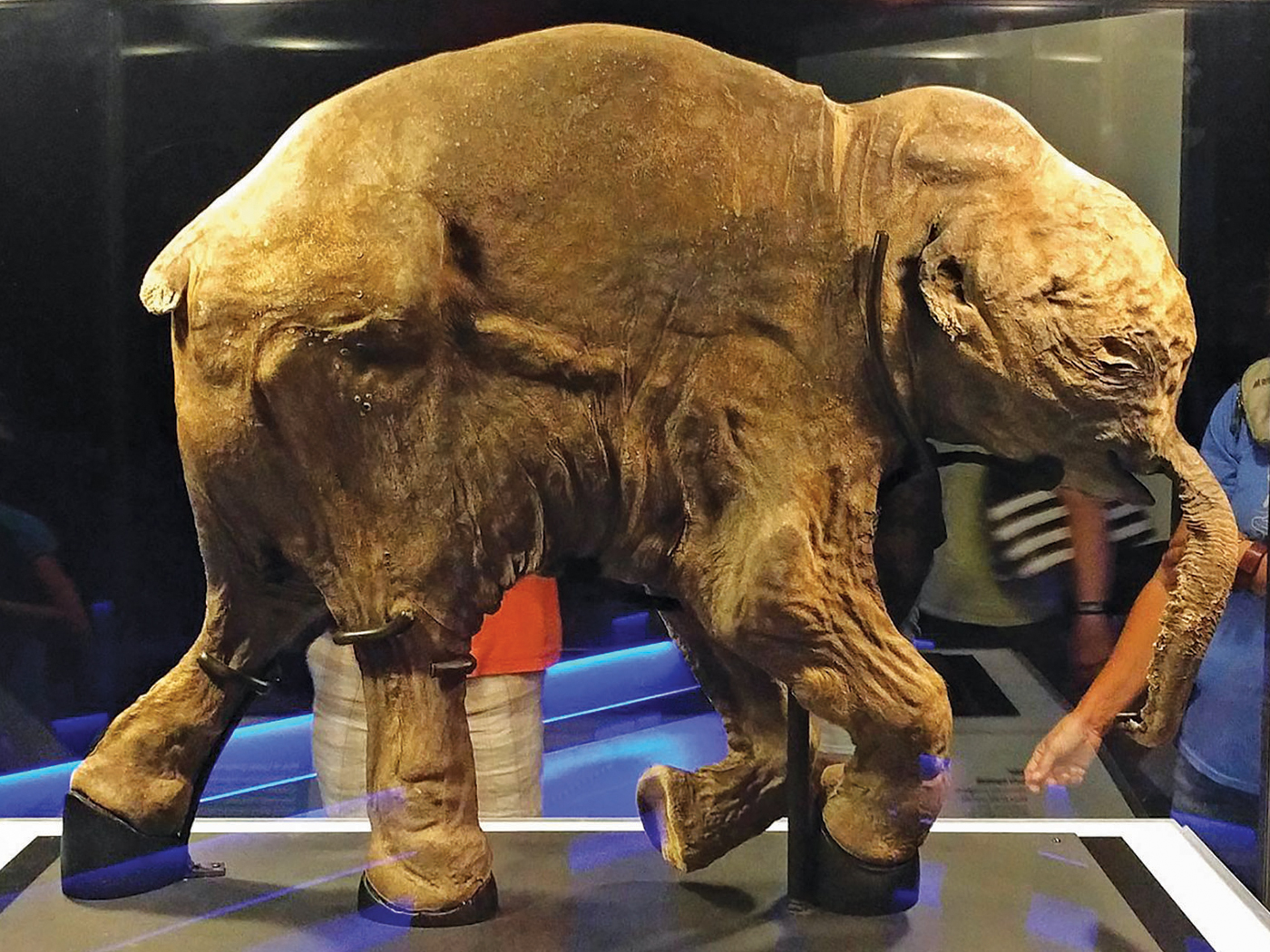Two physicists have suggested in a recent New York Times guest editorial that Big Bang cosmology ‘may be starting to unravel.’1 Dr. Adam Frank (University of Rochester) and Dr. Marcelo Gleiser (Dartmouth College) give an overview of three major problems confronting mainstream cosmology—problems which are already well known to well-informed creationists.
In their editorial, Drs. Frank and Gleiser acknowledged that data from the James Webb Space Telescope show that the most distant galaxies seem much too ‘mature’ to be in agreement with Big Bang expectations. Big Bang proponents assume that light from the most distant galaxies took many billions of years to reach us. Although this may seem reasonable, creationists think this assumption is open to challenge.2 Given that assumption, we should not be seeing these very distant galaxies as they are now, but as they were more than 13 billion years ago. Hence, these very distant galaxies should look very ‘immature’ and ‘unevolved.’ Yet these expectations are routinely contradicted.3 And data from the Webb telescope have greatly exacerbated the problem.4,5 Drs. Frank and Gleiser said the problem is “akin to parents and their children appearing in a story when the grandparents are still children themselves.”1 The problem is so severe that one physicist suggested doubling the assumed age of the universe in order to try to solve the problem.6
They also pointed out that two different methods of estimating the Hubble constant, one of the most important numbers in cosmology, give contradictory values. One of the methods uses a Big Bang interpretation of the cosmic microwave background (CMB) radiation, so this discrepancy may imply that Big Bang cosmologists are misinterpreting the CMB data.7
They noted some of the philosophical baggage accompanying modern inflation theory, like the idea of a multiverse containing infinitely many unobservable universes. Inflation was tacked-on ad hoc to the Big Bang in order to solve serious problems, one of which was the Big Bang’s own version of the ‘distant starlight problem.’8 Yet there is zero evidence for inflation, and it has created more problems for Big Bang cosmologists.9
Just one year ago, a popular science writer said it was a ‘falsehood’ that data from the James Webb telescope had disproved the Big Bang.10 One could perhaps quibble over the use of the word ‘disproved,’ as Big Bang cosmologists have been extremely adept over the years at absorbing challenges to their model with ad hoc tack-ons. Big Bang true believers can always add still more parameters to their model so that the Big Bang will never be disproven or falsified, regardless of any data accumulated. But is that really science? The same writer who suggested that Big Bang critics were being deceptive also said that the “Big Bang theory is still on solid ground.” This New York Times editorial shows that the Big Bang critics were and are correct: the model is not on solid ground, despite ‘happy talk’ to the contrary.
Some argue that Christians should accept the Big Bang model because it implies the universe had a beginning—which is consistent with Genesis in a very minimal sort of way. But the Big Bang contradicts Scripture in almost every other way, and some Big Bang cosmologists, like the late Stephen Hawking, have been working to ‘tweak’ the model in order to do away with a beginning for the universe. What then for Christians who have tied their apologetics to the Big Bang?
The Lord Jesus Christ, not an alleged Big Bang, deserves the credit and glory for the amazing universe in which we live. How much better to believe His testimony recorded in Genesis than to trust the speculative, ever-changing stories of those determined to deny our Creator!
References
- Frank, A. and M. Gleiser. The Story of Our Universe May Be Starting to Unravel. New York Times. Posted September 2, 2023 at nytimes.com, accessed September 9, 2023.
- Humphreys, D. R. Toward a More Biblical Cosmology. Gateway Creation Conference. Posted on youtube.com November 22, 2021, accessed September 11, 2023.
- Hebert, J. Most Distant Rotating Disk Galaxy Challenges Secular Models. Creation Science Update. Posted May 28, 2020 at ICR.org, accessed September 9, 2023.
- Hebert, J. James Webb Telescope vs. the Big Bang. Acts & Facts. 51(11).
- Hebert, J. Webb Telescope Continues to Challenge Big Bang. Creation Science Update. Posted January 26, 2023 on ICR.org, accessed July 12, 2023.
- Hebert, J. Big Bang Troubles? No Problem Just Double the Universe’s Age! Creation Science Update. Posted July 31, 2023 at ICR.org, accessed September 9, 2023.
- Hebert, J. 2018. Does the Cosmic Microwave Background Confirm the Big Bang? Acts & Facts. 47 (6).
- Coppedge, D. F. 2007. The Light-Distance Problem. Acts & Facts. 36 (6).
- Hebert, J. 2017. Big Bang Blowup at Scientific American. Creation Science Update. Posted May 29, 2017 at ICR.org, accessed September 11, 2023.
- Cooper, K. The James Webb Space Telescope never disproved the Big Bang. Here’s how that falsehood spread. Space.com. Posted September 7, 2022 on space.com, accessed September 11, 2023.
* Dr. Hebert is Research Scientist at the Institute for Creation Research and earned his Ph.D. in physics from the University of Texas at Dallas.



















